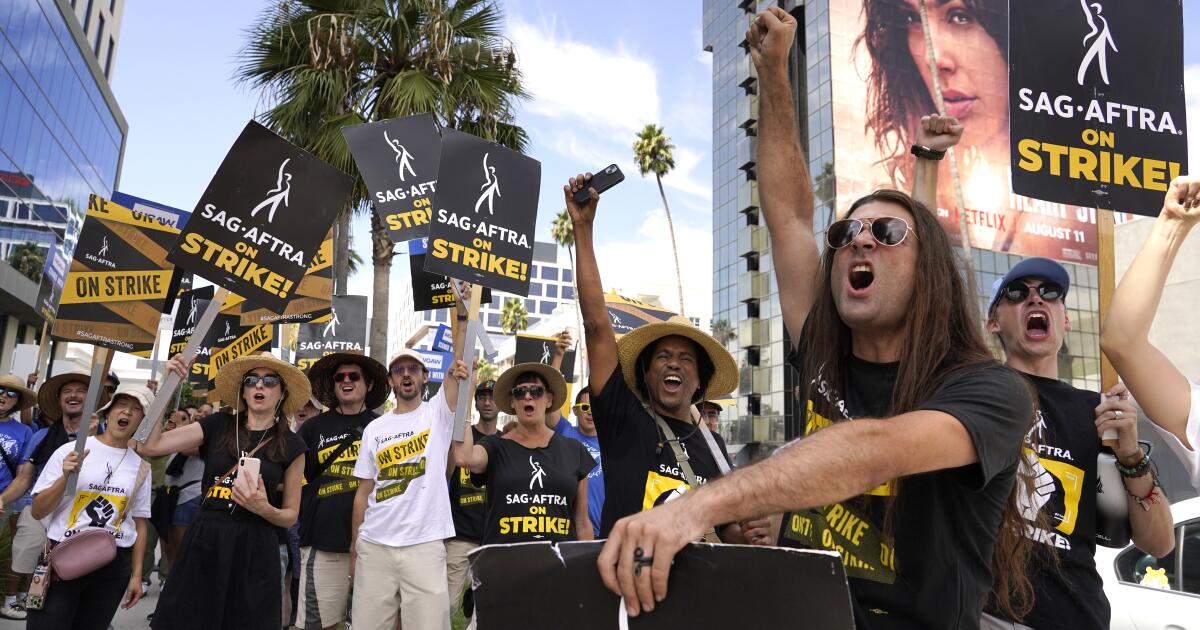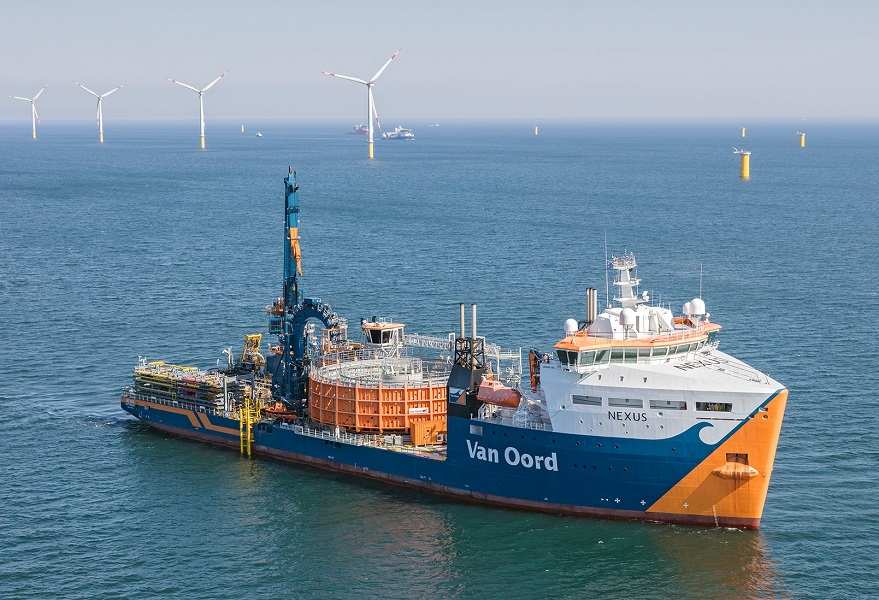[ad_1]
How, exactly, the city can and should deal with that influx is a matter of increasingly contentious debate, as local leaders scramble for solutions and mutual aid volunteers improvise a resettlement effort. The one thing everyone seems to agree on? That the federal government needs to be doing more. “This is really a federal responsibility,” Ponce de León told the crowd on this October evening. “It isn’t fair,” she said, “to put it on cities.”
Chicago is currently operating 25 temporary shelters, most of which have been opened since mid-May—about a month after Chicago was named the host city for next year’s Democratic National Convention, and around the same time the Biden administration allowed Donald Trump’s pandemic-era Title 42 border policy to expire. But the current shelters cannot meet the deluge: As of this week, more than 11,000 new arrivals were occupying temporary shelters and more than 3,500 were waiting in police stations and airports for housing, according to city data. Homeless shelters, the city says, have been operating at or near capacity every day.
With the weather turning, the city has moved to open more migrant shelters, like the forthcoming facility in Ukrainian Village, which is expected to eventually house up to 200 single adult men—a demographic that figured into numerous residents’ safety concerns. (There have been only a handful of documented safety incidents involving migrants. But there has also been at least one incident of violence against migrants, with a 25-year-old arrested October 11 for allegedly firing on and wounding two outside a police station in the Grand Crossing neighborhood.)
Meanwhile, Johnson is moving forward with a plan to establish winterized tent compounds throughout the city. “I don’t think we should continue to look at this as a crisis,” the mayor said as he announced the rollout in September. “This is our reality.” But the plan has been contentious—in part because of allegations of mistreatment and abusive labor practices involving GardaWorld and its subsidiary Aegis Defense Services, the companies Chicago contracted to build the camps. GardaWorld was also one of the companies awarded a contract to help Florida governor Ron DeSantis execute his own migrant-busing program, according to the Tampa Bay Times. (A spokesperson for the security-and-logistics-services company has said that although it was awarded a contract with the state, it was “never activated.” And in a statement to Vanity Fair, GardaWorld said that “we refute all allegations of unsafe practices or neglect in any GardaWorld operations or activities,” adding: “There is a narrative that seems to have been stitched together that either grossly mischaracterizes historical events or falsely attributes them to GardaWorld to begin with.”)
Leaders here say they have limited options, due to a lack of coordination and resources from the federal government. Johnson and Illinois governor J.B. Pritzker, a top Biden ally, recently demanded “swift action” from the White House in a call with administration officials. “Illinois stands mostly unsupported against this enormous strain on our state resources,” Pritzker wrote in a subsequent letter to Biden. But there has been little sign that help is on the way: “It’s a test of what a municipal government can try to resolve with limited resources,” says Vasquez.
If that’s the case, though, it’s been a “fail across the board,” says Cynthia Nambo, a member of Todo Para Todos—a volunteer group that operated its own migrant shelter from May to September of this year, with a lack of support from the city. Despite high-minded rhetoric from the local, state, and federal governments, Nambo and other mutual aid volunteers say it has mostly fallen to individuals to help welcome migrants with an improvised resettlement effort that is unsustainable in the long term. “It’s almost like your building is flooding and you only have a pail to get the water out,” Nambo told me by phone.
The federal government, Nambo says, has been “the most passive and the biggest barrier.” But mutual aid volunteers have also called for more support from the state and local governments. “The entire infrastructure that’s currently in place to respond to people living in police stations right now is an infrastructure that has been established by volunteers,” says Sara Izquierdo, a second-year medical student at University of Illinois Chicago who helped found the Mobile Migrant Health Team—a group providing medical care to new arrivals, who need treatment for everything from the colds that spread in the cramped temporary shelters to injuries they’ve sustained during their journey. “I don’t think that there’s any reason medical students should be leading a health response,” Izquierdo told me. “I would really like to see [the government] take over in a more systematic way.”
[ad_2]
Source link


:max_bytes(150000):strip_icc():focal(750x193:752x195)/hilary-swank-twins-fa78da7775054a529f297cfb184161ba.jpg)


:quality(85):upscale()/2024/09/09/785/n/1922283/901e710666df358b373de2.40207443_.jpg)















